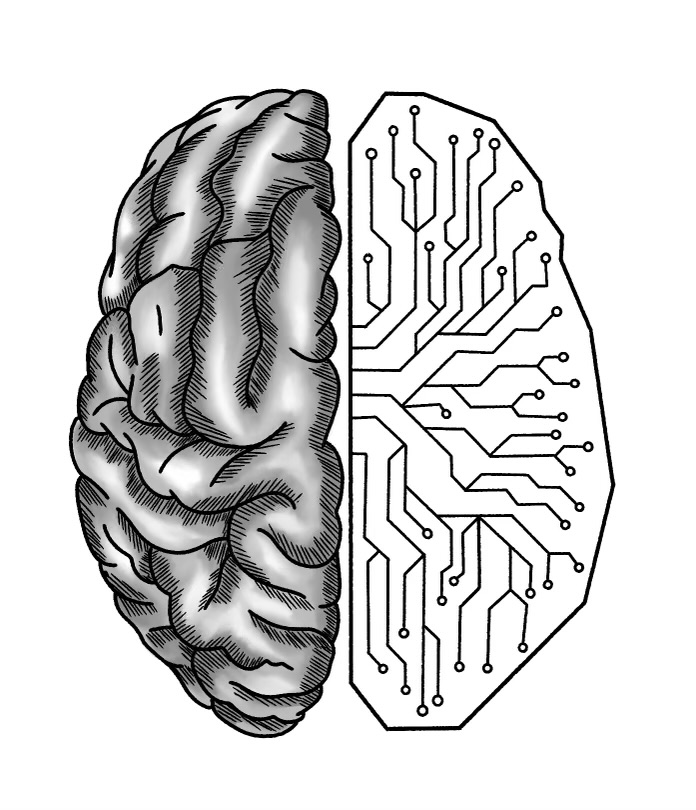I’ve always been incredibly proud of being Latina. I never thought that there could be a wrong way to be my own race. Living in Marin County for most of my life has made me accustomed to not seeing much diversity within the community. This was displayed in my elementary and middle schools, both predominantly white. However, more students of color who looked like me began transferring into my school during my middle school years. I was ecstatic, as I thought there would now be more people that I could relate to. Regardless of the fact that we were similar in so many ways, they didn’t like me. I could never figure out why until one day someone told me, “You’re whitewashed.” I was shocked and confused. Was it possible for me to act white? The term “whitewashed” needs to stop being thrown around as it is harmful and degrading to people of color and can negatively affect their sense of identity.
According to an article by Pennsylvania State University, “whitewashed” means having dissociated oneself from one’s ancestral culture by adopting or attempting to adopt a white American lifestyle. It can also mean to change something about a person in a way that favors or caters to white people.When targeted at people of color, the term can have harmful effects as ancestral origins and culture hold very important places in many people’s identity. According to a 2021 Pew Research Survey, 55 percent of Black adults and 54 percent of Hispanic adults said their origins were central to their identity.

The need to conform already creates inner conflict within a person, especially when confronted with accusations concerning their relationship with their culture or race. According to the National Library of Medicine (NLM), “The ‘acting white’ accusation (AWA) is a cultural invalidation commonly experienced by people of color that challenges their ethnic-racial authenticity for demonstrating behaviors that are not traditionally associated with their ethnic-racial group.” It has been found that this accusation can be associated with anxiety and depressive symptoms, especially within schools and youth. In a 2024 Bark survey, 58 percent of students reported being called or heard someone get called “whitewashed.” Similarly, in a study conducted by the NLM, 38 percent of students experienced this accusation during their first year of college. As the term “whitewashed” and AWA are considered racial stressors, they pose mental health risks, especially to adjusting and emerging young adults.
Although the term “whitewashed” is harmful, it isn’t always used with the intent to hurt or degrade others. The term carries different meanings and definitions, such as covering up historical details or altering a story by casting white actors. While these definitions have the ability to raise awareness of the sugar coating of historical actions, people should still be conscious of the environment they use it in and who they say it to, to avoid creating feelings of judgment or invalidation.
“Whitewashed” is not just an innocent description or label of a person. Here in Marin and specifically at Redwood, we are all influenced by everything around us, including communities, culture and more. No one should solely be defined by one simple word. Through increased recognition of the immense harm the term “whitewashed” causes, we are one step closer to fostering a more accepting and diverse environment without feeling the need to question or defend our cultural identity.








